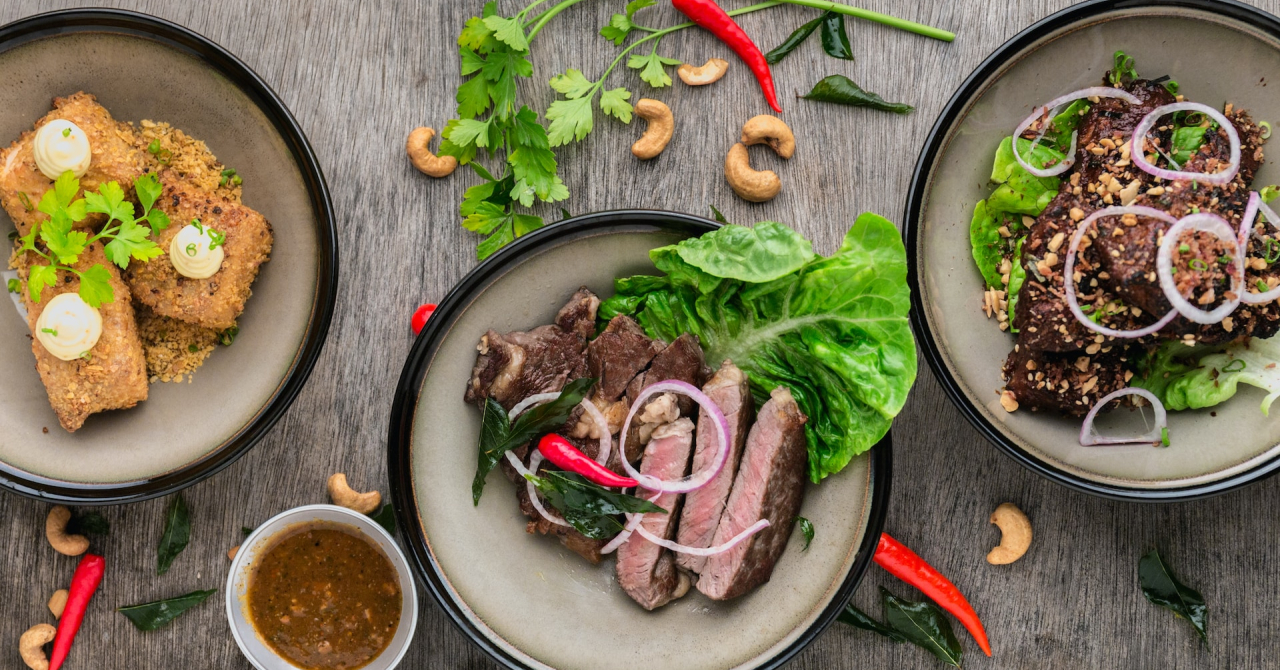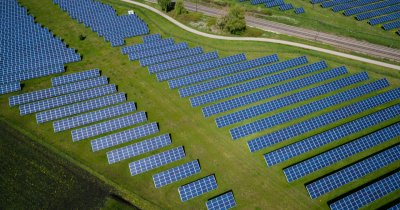And they should, because with the way human population is expected to grow, the current way we feed ourselves just won't be sustainable. In fact, even today we have some difficulties in ensuring we have enough food, especially in areas that were affected by short food supplies in the past.
As per Euronews.green, Sun Bear Bioworks is a startup that works in the food industry that aims to bring sustainable cooking oil to the masses, so that natural habitats can be protected against over-farming.
Technology expert Ben Wilding explained that "90 per cent of palm oil is produced in Malaysia and Indonesia. It has had a massive impact on biodiversity, resulting in there being fewer than 1000 sun bears left in the wild. Every time we say the name, it's a memory jog as to why we're here."
To find an alternative to palm oil, his company started making artificial oil from waste streams, such as potato peelings. Using precision fermentation and gene editing, the company can both get the same properties as palm oil, while also scaling up production to ensure enough supply.
More sustainable solutions are needed, since the food system as a whole generates around 20-30% of the world's emissions and farming is also responsible for a whopping 40% of our total carbon footprint.
Furthermore, food waste is another huge issue, as in the EU alone some 59 million tons of food are being thrown every year, which equates to some 127 kg per household. This food can be used elsewhere, such as for the two billion people on Earth that don't have an adequate diet.
Raising livestock is also an ever-growing issue, since currently, they take up around 80% of the farming land, with 36% of the globally-grown food being used for growing livestock.
Lab-grown and plant-based meat alternatives are two ingenious solutions used by many companies today to replace traditional meat, which if successful, can significantly reduce our carbon emissions and can free up a lot of land.
 Mihai - Cristian Ioniță
Mihai - Cristian Ioniță












Any thoughts?